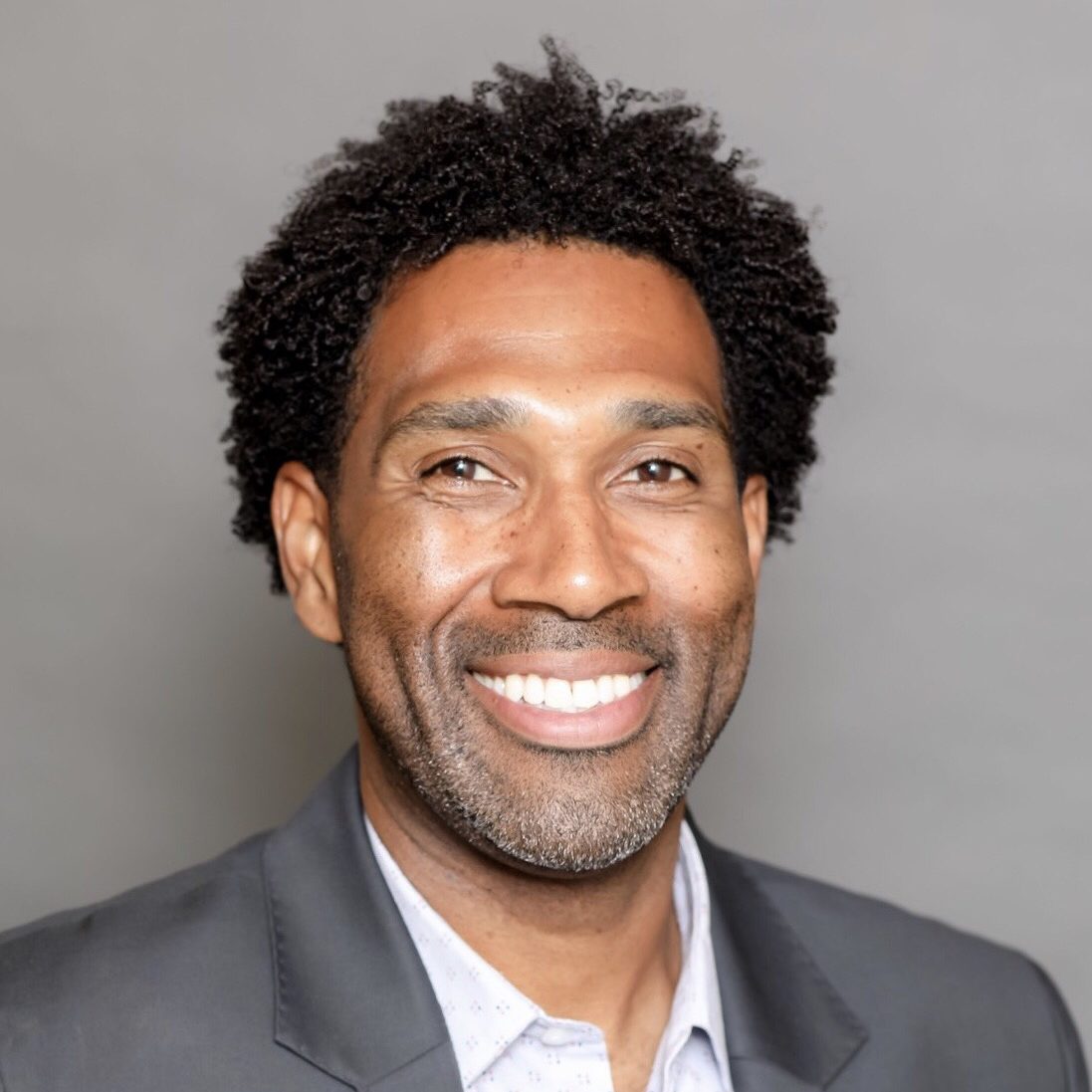Joel McGill finds himself having some unusual conversations in the airport security line these days. He usually opens with: “Hey, where do you guys get your rubber gloves from?”
McWoods Distribution, the company he co-manages with his mentor and father figure, provides a range of everyday products for institutions. “We sell consumables from the mundane to the complex: single use products (including rubber gloves), office supplies and furniture, janitorial and sanitation supplies, and institutional bedding and furnishings–all the stuff that people don’t really think about,” Joel explains.
In his final year at UC Berkeley, Joel learned about supply chains. “I started noticing all those little things that no one ever considers where they came from or who might be benefiting from the sale of those goods,” he says. He identified a gap in the marketplace, where many institutions have incentives to purchase from a local, diverse distributor, but often have a hard time doing so because these companies either don’t exist or can’t meet the demand.
McWoods Distribution is a HUBZone- and Opportunity Zone-located distributor. Their business is uniquely positioned to capitalize on supplier diversity channels that incentivize purchasing from local businesses owned by people of color. As a family-run business, customer service is at the heart of what they do. “We focus on educating our customers. Our goal is to engage people in thinking about what they’re purchasing and whether it’s the best thing for their particular use,” Joel explains. “I love people, so it’s especially rewarding to be able to engage with our customers around something that’s going to be better for them.”
Joel understood the importance of customer service from a very early age. When he was growing up in Albany, New York, he saw another kid in his neighborhood selling Icees. “He wasn’t the nicest kid and his house wasn’t the cleanest, so I decided to sell the same thing with a smile. And lowered the price a bit.” His CV reads like one of a classic serial entrepreneur. From running his own lawn care business in Atlanta to opening bars, clubs, and restaurants (with a web development company in between, just for good measure), Joel has always been driven to close the deal. He says growing up poor instilled that tenacity in him, because failure was never an option. But when life threw some changes his way, he started to feel like he needed to find his purpose beyond just making money.
After a career pivot that sent him to work for several years as a mitigation specialist interviewing capital offenders in the prison system, Joel pursued a degree in social welfare at UC Berkeley. Upon graduation, his father-in-law asked him to join his distribution company. Joel jumped at the chance to work in a family business and merge his love of entrepreneurship with his passion for social good. He wanted to create an enterprise that his family and community would be able to benefit from for generations. But, Joel says, “I didn’t have the business acumen to create an infrastructure that could be the foundation for something long-lasting. I needed help to start building that legacy, and I needed capital.”
That’s when Joel applied to the Entrepreneurs-In-Residence (EIR) program at Main Street Launch. Before he started the program, he had a sense that getting his business financed might be especially difficult. “Being Black in America, you learn at a really young age that institutions are not set up for you to succeed. From lending practices to the legal system, things are not in your favor,” he says. Joel credits the program for explaining the lending landscape and addressing the very real problem of access to capital for people of color.
Above all, he says, “the program has shown me that it’s a slow process and not every day is gonna feel like a win.” But with the support of the program facilitators, mentors, and his fellow EIRs, Joel feels a lot less alone. “Being an entrepreneur is an emotional rollercoaster,” he says. “It requires social and emotional resilience and vulnerability. You don’t really see that when you look at a Jay-Z or Steve Jobs. You see the finished product, but you don’t know what risks they took and what emotional toll that had on them.”
Now, Joel feels equipped to move forward confidently with his business. His ultimate goal is to create jobs for people who historically haven’t been seen in the distribution industry. “I want people to see this as a career option,” he says.
Visit the McWoods Distribution website to learn more about the variety of products they can provide for your business, ranging from office supplies to furniture, bedding, janitorial supplies, and much more.

